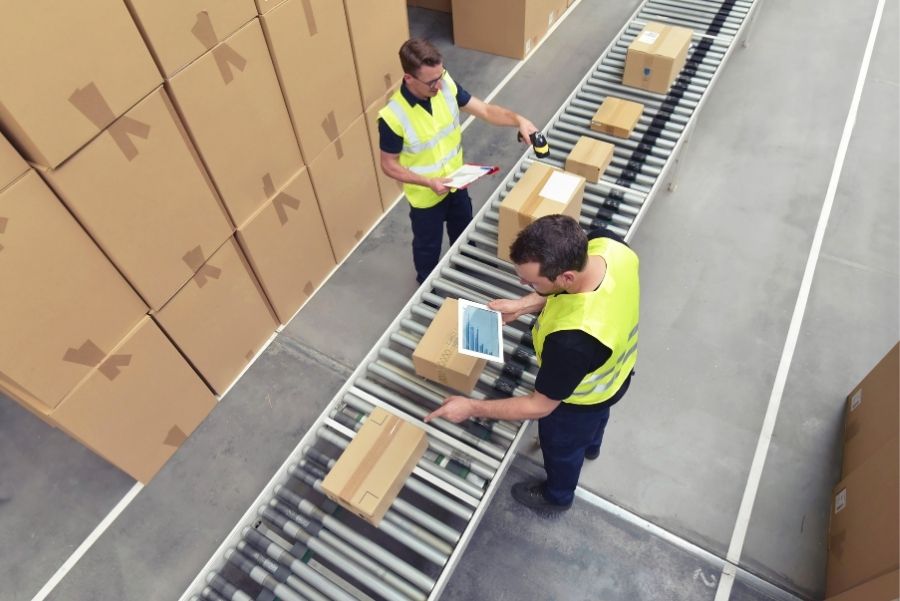Logistics have a logic all their own. The how, what, when, where, who and why of resources are a sparkling example of logistics in action. The way resources are gathered or mined, then put into cold storage (so to say) and finally conveyed to their allocated goal sites is what logistics is all about. There are distribution and supply, which are both complex processes. Logistics management is a science in itself, and its field workers are called logisticians. Wartime used the prototypical logistics game.

To the front where the troops were laying down their lives for a cause, all sorts of food items, weapons, first aid, other odds, and ends of equipment are transported. Nowadays, the term has acquired a broader meaning, and the supply chain has entered into the equation with a vengeance. The business side of logistics is interesting since it requires good old horse sense among the logisticians. They must know how to go about their business with insight and cunning. That is if they want to make a profit from delivering the goods on time.
Take natural gas were trucks, pipelines, storage tanks and point of access depots all count in the overall larger picture. The supply chain has to look sharp since this is the only way of driving up efficiency. If logistics leave some things undone, the business will suffer losses. Nobody wants that to happen.
Since the Swinging Sixties, with its hippies and flower power, business logistics sure has come a long way. The intricate details are too many to go into, but they form a complex whole. It almost looks like a network when you summarize the field. In our current postmodern times, science and technology have made logistics handling software a possibility.
Also, whole firms dedicated to this task alone have sprouted up out of nowhere. While some logistics agencies do all their work on an internal basis, others rely on outsourcing. Among some of the primary goals are: guiding the process smoothly and seamlessly, seeing to the inventory and arranging the right forms of transportation for the goods whatever they may be. Some companies like Solar Panels Central Coast outsource their transport and logistics.
Today, the education of a logistician does not come cheap. It is rigorous and carries with it a whole lot of responsibility. If one were asked to define logistics only and in a nutshell, one would be forced to say that it is the art of going from here to there and back without any snags or glitches.

Logistics deals with:
- incoming and outgoing transportation as would be evident from a smattering of it.
- Fleets and warehouses come next.
- Then there is the manual handling of goods which has to be carefully overseen.
- Following orders from the clients.
- So is inventory and the plan surrounding supply and demand.
No matter how sophisticated or quality-conscious the products may be, if a company cannot convey the right goods to the right people, it will undergo heartbreaking losses. These setbacks may even leave it bankrupt in the long run. So it is here that logistics steps in to claim its role as a sort of fixing middleman.
Logistics comprise complicated operational plans nowadays. E-commerce and the beginning of a computerized surveillance society have added to the responsibilities of logisticians. Within a single century, logistics has gone from a slow process to a super-fast sort of operation. Furthermore, with AI and machines entering every nook and cranny of ergonomics, logistics will handle the production, processing, and distribution of stuff in the future.
A prime example of a logistics firm that has global outreach is Amazon. Jeff Bezos has got it made with one of the largest supply chain management companies with an online presence beyond its founder’s expectations (s). The seamless process whereby Amazon manages to supply goods from order-taking to customer delivery is worthy of emulation. Other companies such as FedEx have learnt the rules in the same school of hard knocks. Amazon ultimately depends on efficiency and quality, the twin factors which keep its customers happy.
